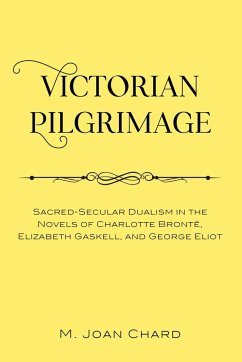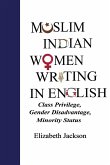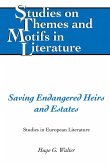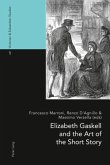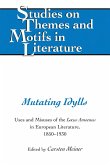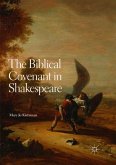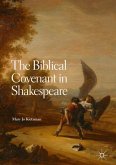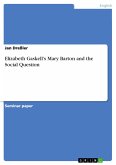Victorian Pilgrimage: Sacred-Secular Dualism in the Novels of Charlotte Brontë, Elizabeth Gaskell, and George Eliot argues that Charlotte Brontë, Elizabeth Gaskell, and George Eliot are foremost among nineteenth-century novelists to explore the pilgrimage motif, a major preoccupation of the Victorian imagination. Drawing upon their primary sources of the journey archetype-the King James Bible, The Pilgrim's Progress, and popular hymns-they reveal in their work the significance of the religious impetus, which in their treatment is neither narrowly moralistic nor conformist. Recognizing the radicality of scripture free of its patriarchal bias, they bring a feminine sensibility to their delineation of gender ideologies in romantic and marital relationships as well as to their reformulation of the traditional fictional heroine. Their female protagonists are caught in the struggle between succumbing to the stereotypical ideal of womanhood and attaining authentic selfhood leading to both personal and social transformation. Sharing the conviction that the main dilemma of their times is the separation of sacred from secular, Brontë, Gaskell, and Eliot, each with a distinctive approach to the theme, open up fresh perceptual and relational pathways for pilgrimage.
"In its focus on unities and reconciliations, Victorian Pilgrimage recalls the New Criticism, as do its admirably careful readings and attention to imagery and details. The clarity of its presentation and the rigour of its expositions are commendable."
Thomas Albrecht, Professor of English, Tulane University
"In its focus on unities and reconciliations, Victorian Pilgrimage recalls the New Criticism, as do its admirably careful readings and attention to imagery and details. The clarity of its presentation and the rigour of its expositions are commendable."
Thomas Albrecht, Professor of English, Tulane University
"Recent decades have emphasised the importance of the Bible in literatures in English, and M. Joan Chard's book fulfils an important function. With a guiding emphasis on Victorian figures-Charlotte Brontë, Elizabeth Gaskell, George Eliot-and a prevailing grounding on the idea of pilgrimage, this book takes the reader who may be unfamiliar with both the Victorian texts and the King James Bible to see the wealth of association and quotation and expansion possible once the inter-relations are acknowledged. While the readings of these authors are enriched, Chard's study is likely to trigger a much wider reading of Victorian texts-and an enriched one." -Ian Campbell, Emeritus Professor of Scottish and Victorian Literature, University of Edinburgh

